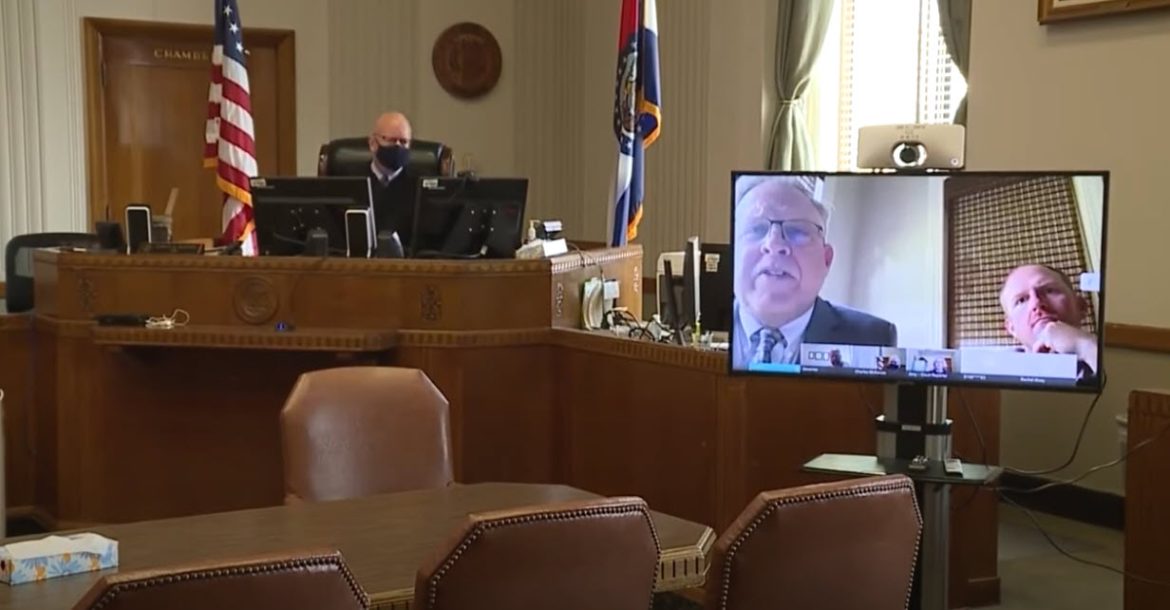Missouri Governor Mike Parson’s recent decision to commute the sentence of former Kansas City Chiefs assistant coach Britt Reid has sparked widespread outrage. Reid, the son of Chiefs Head Coach Andy Reid, had pleaded guilty to felony DUI in November 2022 following a crash that left a young girl with severe brain damage and injured several others. The move to commute Reid’s sentence has ignited controversy and raised questions about justice and accountability.
In February 2021, Britt Reid was involved in a DUI crash that occurred near the Chiefs’ training facility. The crash left a five-year-old girl in a coma, and she suffered significant brain damage as a result. Reid faced charges related to driving under the influence, and the legal proceedings eventually led to his guilty plea in November 2022.
Governor Mike Parson’s decision to commute Reid’s sentence has drawn strong criticism from various quarters. The governor justified his action by stating that Reid had already served more prison time than others convicted of similar offenses. Under the commutation, Reid will spend the remainder of his sentence, which extends until 2025, on house arrest.
The announcement of the commutation has triggered public outcry, particularly from those who believe that Reid’s actions warranted a more severe punishment. Critics argue that commuting the sentence sends the wrong message about accountability, especially considering the severe and lasting impact on the young victim’s life.
The attorney representing the crash victims expressed shock and disappointment at the governor’s decision. The victims’ legal representative emphasized the significance of accountability in cases of DUI-related incidents, especially those resulting in life-altering injuries.
Beyond the legal implications, Britt Reid’s involvement in the DUI crash and subsequent commutation may have lasting effects on his career and public image. As a former assistant coach for a prominent NFL team, the incident has already cast a shadow over his professional reputation.
In response to the commutation, there are growing calls for a reevaluation of the justice system’s approach to DUI cases and a reassessment of the factors considered when commuting sentences. Advocates for stricter penalties in cases involving severe injuries or fatalities are urging a review of sentencing practices to ensure a fair balance between rehabilitation and accountability.
Missouri Governor Mike Parson’s decision to commute the sentence of Britt Reid has ignited a fierce debate about justice, accountability, and the consequences of DUI-related incidents. The public outcry reflects concerns about the perceived leniency in the case, especially considering the severe injuries sustained by the young victim. The controversy surrounding Reid’s case underscores the ongoing challenges in balancing rehabilitation with the need for accountability in cases with significant societal impact.



